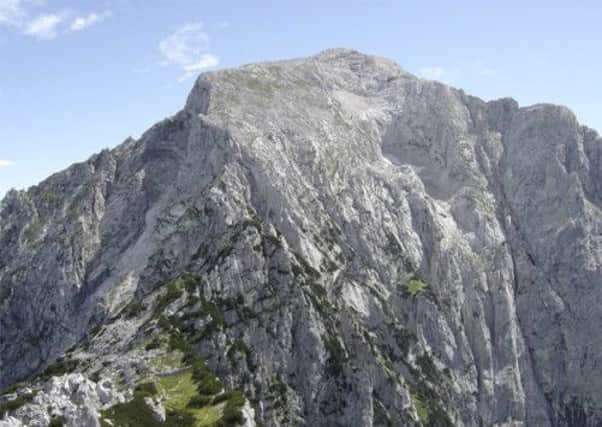Dutch climbers ‘feign exhaustion’ to get rescued


The Dutchman and his female companion scribbled in the guest book at the peak of the Kleiner Göll (Little Göll), in the Hoher Göll range, near Salzburg: “We are going back by helicopter.” Then, on their descent back down the 5,500ft peak, they dialled for a rescue chopper to help them, saying they could not go any further.
After they were deposited in the valley below the man, 30, and woman, 27, said that the conditions were too slippery – and they were too tired – to go on. But a worker in the guest hut at the summit of the mountain alerted police when he spotted the guest-book entry.
Advertisement
Hide AdAdvertisement
Hide Ad“It seemed a clear case of a dangerous and flippant use of the mountain rescue service,” said Helmut Fuerst, who works for the rescue services in nearby Hallein. “There is no such thing as a free taxi service off the mountain merely for people who are tired.
“We brought a complaint against these people to signal that both Austrians and foreigners are treated equally under the law and obliged to pay. We cannot tolerate such an abuse of the emergency service.”
If the call-out had been genuine, they would still have had to pay. Austria insists that its social security system should not be burdened by the rescue of tourists. A week-long search for people missing on a mountain soon adds up to more than £20,000 in personnel costs alone.
Neighbouring Switzerland charges between £2,000 and £3,000 for a chopper evacuation, depending on the hazard of the rescue and the level of care needed to tend the injured.
France also operates a system of fees depending on time and effort involved, and most ski and snowboarding regions have advertisements and leaflets warning visitors to get insured for at least €10,000 (£8,600).
In the UK, all mountain rescue is free of charge, as it is in Canada where the costs of airborne extraction are paid for from fees levied to enter mountainous regions lying within national parks. In America, the costs vary from state to state.
The incident happened in June and the Austrians demanded the euro equivalent of £2,000 to cover the cost of the helicopter call-out. It has since been paid – but the prosecutor is now also mulling charges of “abuse of emergency signals” which, in theory, can carry a six-month prison term for a first offence, although another fine is more likely.
Mr Fuerst said such abuse of emergency services in the Austrian Alps was “extremely rare” and usually a medical examination was carried out on the spot before an aerial evacuation. “But because they were so insistent that they were exhausted and could not go on, they were taken off. But this was not the case.”
Advertisement
Hide AdAdvertisement
Hide AdAlpine rescuers put themselves in danger every time they are called out, added Mr Fuerst. “We cannot allow a misuse like this to go unpunished,” he added.
The climbing duo were identified only as H and M and their residence in the Netherlands was not revealed by authorities.